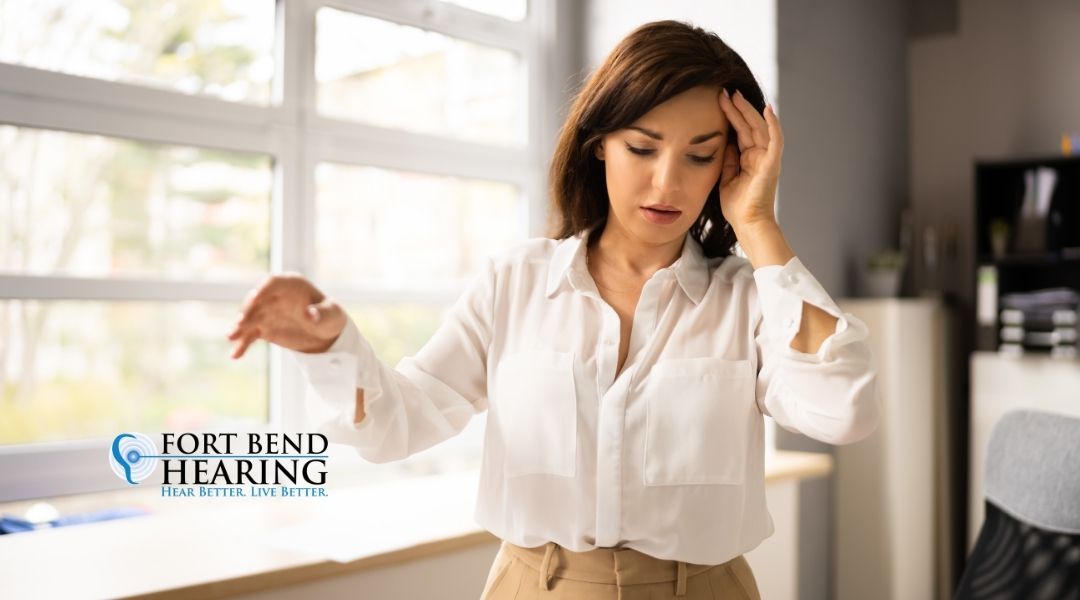A hearing aid is an electronic device, small in size, that is worn either in or behind the ear to amplify sounds and improve hearing for those with hearing loss. This device enables individuals to better listen, communicate, and participate in daily activities in both quiet and noisy environments.
The ideal hearing aid for you depends on the type and severity of your hearing loss. If you have hearing loss in both ears, it is generally recommended to use two hearing aids. This facilitates more natural sound to be sent to the brain, resulting in enhanced speech understanding and sound localization.
What kind of hearing aids would work best for me?
With all the different types of hearing aids out there, choosing the best one ideal for your hearing loss may be confusing or overwhelming.
An audiologist can help you choose a hearing aid that matches your hearing needs and lifestyle. They are skilled and knowledgeable in hearing aid technology and can give you sound advice and recommendations to help you invest in the best hearing aid.
Different styles of hearing aid
Being familiar with your options is a good way to come up with a decision. Below are the various types of hearing aids along with an overview of their pros and cons:
Behind-the-Ear (BTE) Hearing Aids:
Pros: Larger battery size, easier to handle and adjust, can be used with a variety of earmolds and earbuds.
Cons: More visible and noticeable, can sometimes cause itching or irritation behind the ear.
In-the-Canal (ITC) Hearing Aids:
Pros: More discreet, custom-fitted to the shape of your ear canal.
Cons: Limited battery size, can be difficult to handle for people with dexterity issues, and may not be suitable for severe hearing loss.
In-the-Ear (ITE) Hearing Aids:
Pros: Custom-fitted to the shape of your ear, more discreet.
Cons: Limited battery size, can be more difficult to handle for people with dexterity issues, and may not be suitable for severe hearing loss.
Receiver-in-the-Ear (RITE) Hearing Aids:
Pros: More discreet than BTE hearing aids. Provide a more natural sound quality.
Cons: Can be more prone to feedback, more difficult to handle and adjust.
Completely-in-the-Canal (CIC) Hearing Aids:
Pros: Almost invisible, custom-fitted to the shape of your ear canal.
Cons: Limited battery size, can be difficult to handle for people with dexterity issues, and may not be suitable for severe hearing loss.
What questions should I ask before buying a hearing aid?
Below are some questions that might help you in choosing the hearing aid best suited for you:
- What type of hearing loss do I have?
- What type of hearing aids are best suited for my hearing loss and lifestyle?
- Can I try the hearing aids before I buy them?
- How much will the hearing aids cost, including any additional fees such as fittings and follow-up appointments?
- Does the cost of the hearing aids include a warranty and after-care services?
- How long does the battery last and how often will I need to replace it?
- How easy is it to adjust the volume and switch between different listening programs?
- Are the hearing aids compatible with my phone or other devices?
- Are there any special features that come with the hearing aid?
Hearing Aids in Sugar Land, TX
If you’re looking for a trusted hearing aid clinic and audiologist in Sugar Land, TX, visit us at Fort Bend Hearing.
Our audiologists are committed to providing patients with the best-personalized hearing care in town!
Contact us today to book an appointment.


